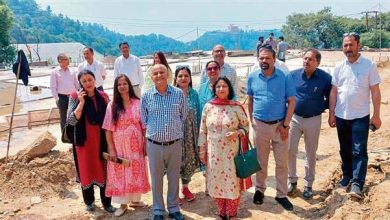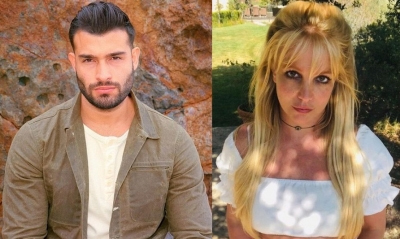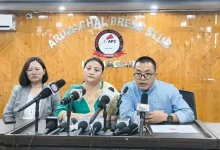Review of Politics of Hate: Fear and aftermath

In early August 2021, an eight-year-old Hindu boy accused of blasphemy was held in protective police custody in Pakistan. When the boy was released on bail, a mob attacked a local Hindu temple, damaging idols, and burning down the main door, Farahnaz Ispahani writes in the introduction to Politics of Hate, an interesting anthology on religious extremism and identity politics in the subcontinent with contributions from a wide range of people with their ear to the ground, including Husain Haqqani, Maya Mirchandani, Niranjan Sahoo and A. Faizur Rahman.
While factually correct about the detention of the Hindu boy in Pakistan and the aftermath, it conveys an incomplete picture. Ispahani rightly informs about the child’s arrest and the violence that followed his release, what she holds back is that more than 90 people were arrested for the attack, an FIR was registered under terrorism, and the country’s Supreme Court pulled up the authorities for their failure to stop the attack. Restoration work of the temple was completed by the local authorities inside a week. “The government has completed the restoration work of the temple and handed it over to the local Hindu community,” The Hindu reported on August 10, 2021.
Contrast this with what happened in India on March 30, 2023 where a mosque and a dargah were vandalised in Vadodara during a Shobha Yatra organised by the Vishwa Hindu Parishad. Four days after the attack, an FIR mentioned 45 Muslims by name and address and no Hindu was identified. It was eerily similar to what happened in north-east Delhi in February 2020 when 19 places of Muslim worship were either burnt down or damaged during the communal violence. The mosques were repaired by Muslim bodies themselves.
A violent script
It is not to say that the pain of the Hindu minority of Pakistan was in any way less than that experienced by the Muslim minority in India. Hate violence does take place in many societies. What distinguishes a society is the promptness with which violence is controlled, the guilty punished and the victims compensated.
The minorities have not had it good in the subcontinent. For instance, the Ahmadis in Pakistan. Pakistan’s Constitution, as Ispahani writes, does not even regard them as Muslims. Interestingly, the Citizenship (Amendment) Act passed in 2019 in India, expedited the granting of citizenship to non-Muslims from Pakistan, Afghanistan and Bangladesh but excluded Muslims. India included Ahmadis among Muslims and denied them any privilege under CAA. The Ahmadis lost both ways, which is often the fate of a minority.
















